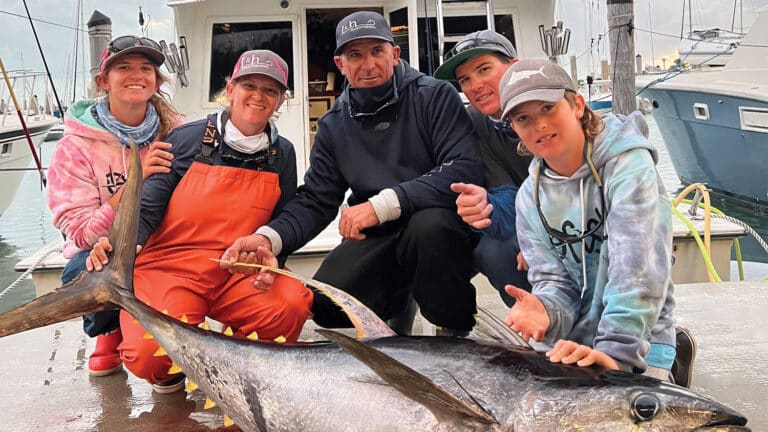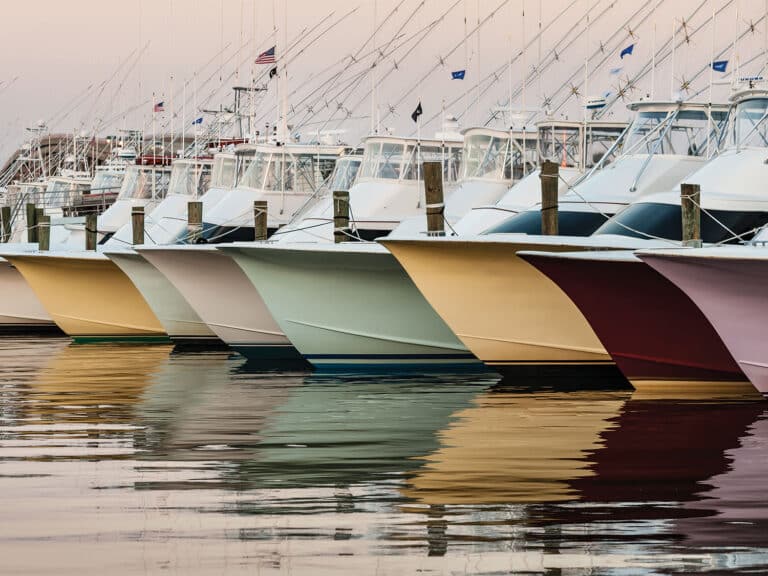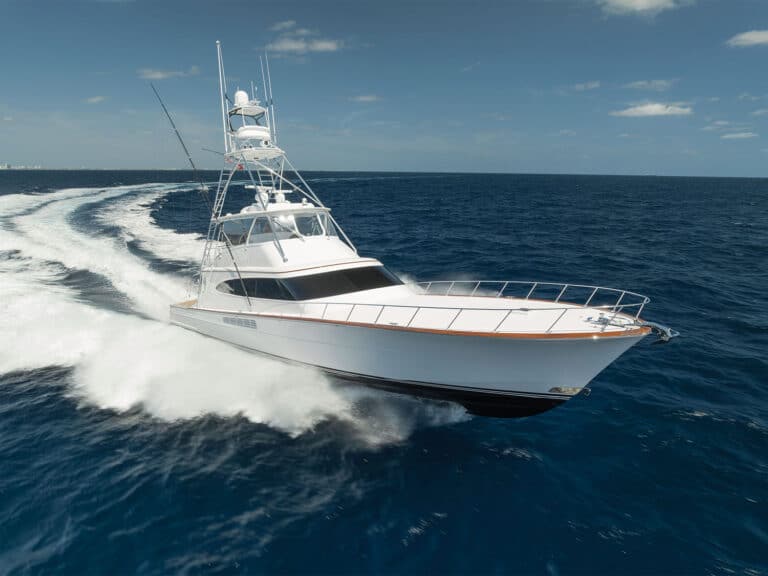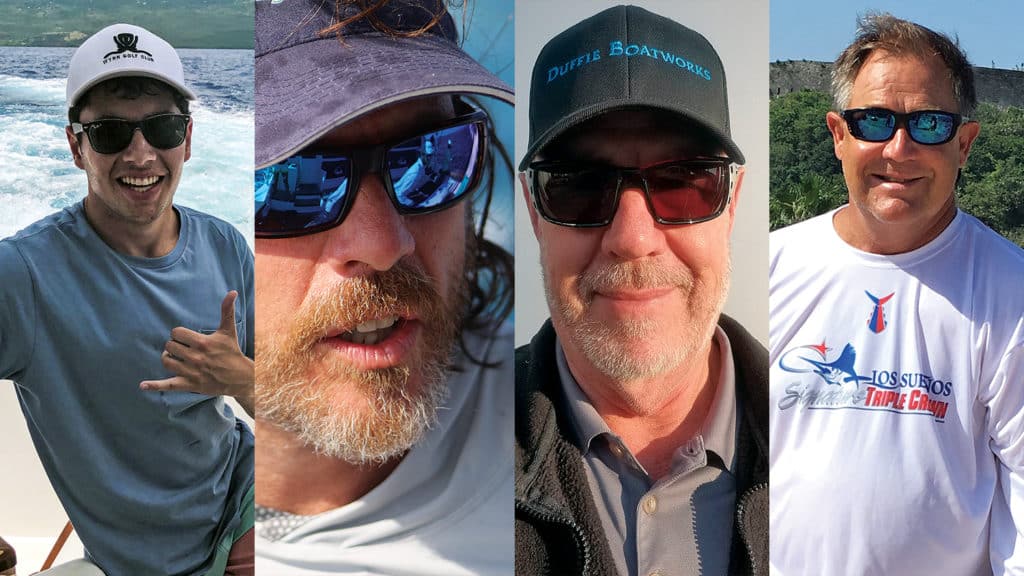
Zach Salzman

The fishery that resides just feet away from the harbor in Kona, Hawaii, consistently redefines my expectations. As a mecca for giant blue marlin, Kona is a natural hotspot for legendary catches. With seas flat enough to fish for marlin from kayaks, and the frequency of multiple-marlin days, sometimes I ask myself why I would fish anywhere else. My affection for Kona started with a tournament victory at a young age, but as my fishing endeavors broadened over time, I realized that nothing quite compared to it; that’s why I believe Kona is the most underrated fishery in the US.
Tim Willis
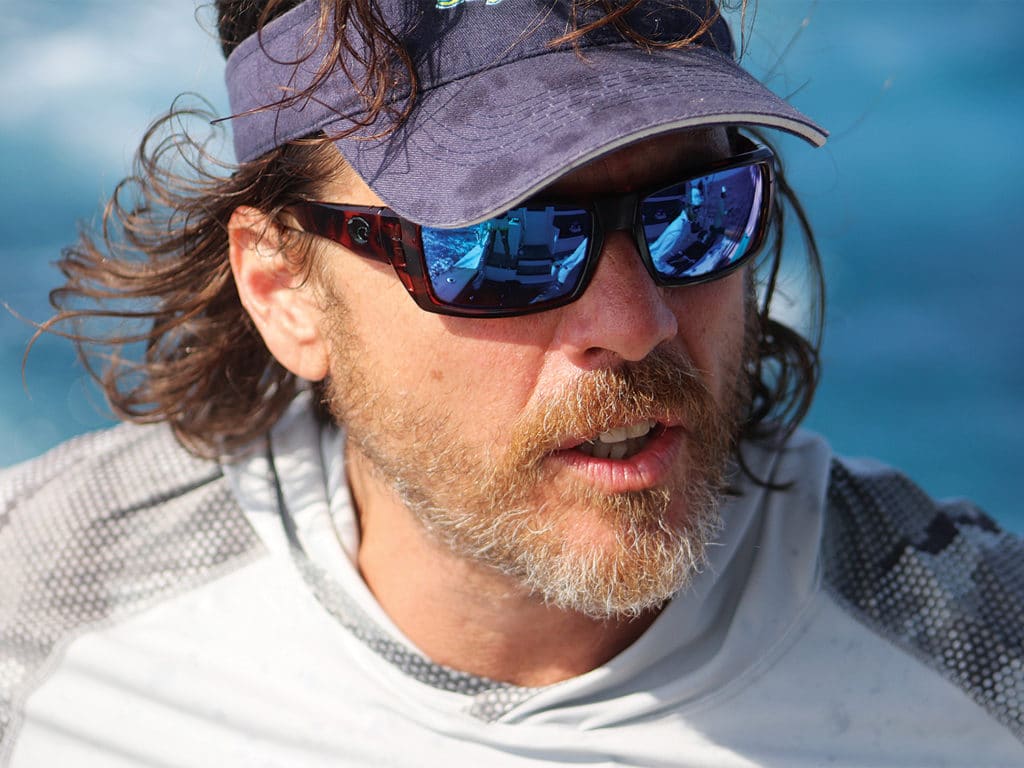
With boats that can cruise in excess of 30 knots being able to easily get to the fish some 90 miles offshore, fishing the Northeast canyons has become a game-changer. Double-digit white marlin releases are not uncommon, and blue marlin are steadily seen throughout summer, with an occasional sailfish mixed in. Now, the fall swordfishery opens up a whole new option for these grounds—thanks to advanced techniques brought in from Florida—with many boats catching multiple fish. Although known for tuna, the canyons provide a vibrant and diverse fishery that is not limited to just tuna.
Watch: A Spanish mackerel is one of the world’s top marlin baits. Here’s how to rig one.
Capt. John Knight
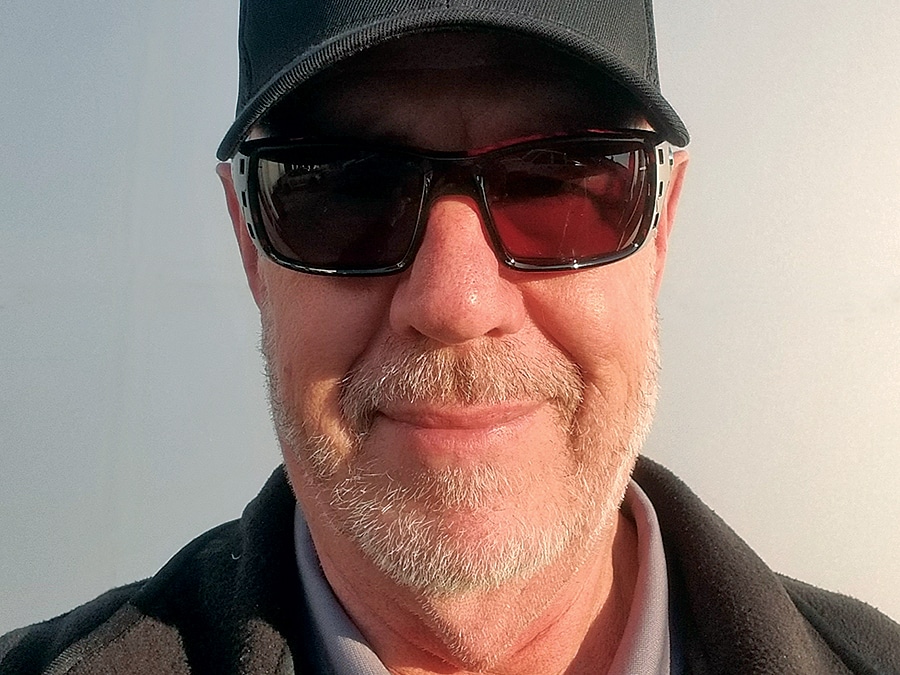
I would have to consider the northern canyons of the US East Coast as the next up-and-coming area for billfish given the past couple of seasons: the white marlin bite that happened in the Hudson Canyon two years ago, and the incredible days north of Wilmington Canyon this year. I grew up fishing Ocean City, Maryland, and ran boats back in the day from the Northeast to Hatteras, North Carolina, and even though North Carolina has had its share of good seasons over the years, the canyons can’t be overlooked for the next double-digit-day white marlin destination.
Read Next: Here are some of the world’s top billfish tournaments, and why you need to fish them.
Alan Latham
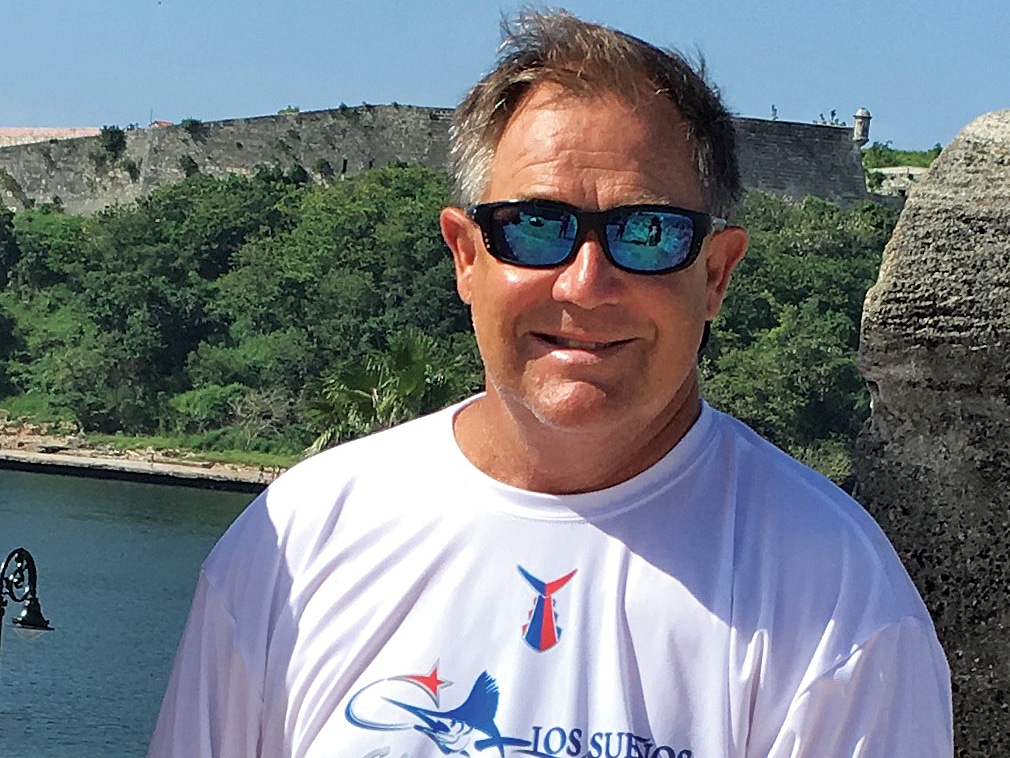
At times, the quantity and variety of billfish found in Texas’ southernmost waters— from Port Aransas to Port Isabel—rivals any bite on the Atlantic Ocean side of the US. The amount of bottom structure, a long fishing season, and the installation of deep-water spars such as Boomvang, Nansen and Perdido, have greatly enhanced the blue marlin fishery. Well-known, large shallow structures, such as Colt 45 and the Canyon, consistently hold fish, and around the deep structures, a FAD environment for baitfish has been created, making live-baiting highly effective in this part of the Gulf of Mexico.




